Speaking of Water: How Can the Biden Administration Deliver on Environmental Justice Pledges?
The Biden administration wants to correct a legacy of pollution and under-investment in low-income neighborhoods and communities of color. Two veterans of the U.S. environmental justice movement discuss how to do that.
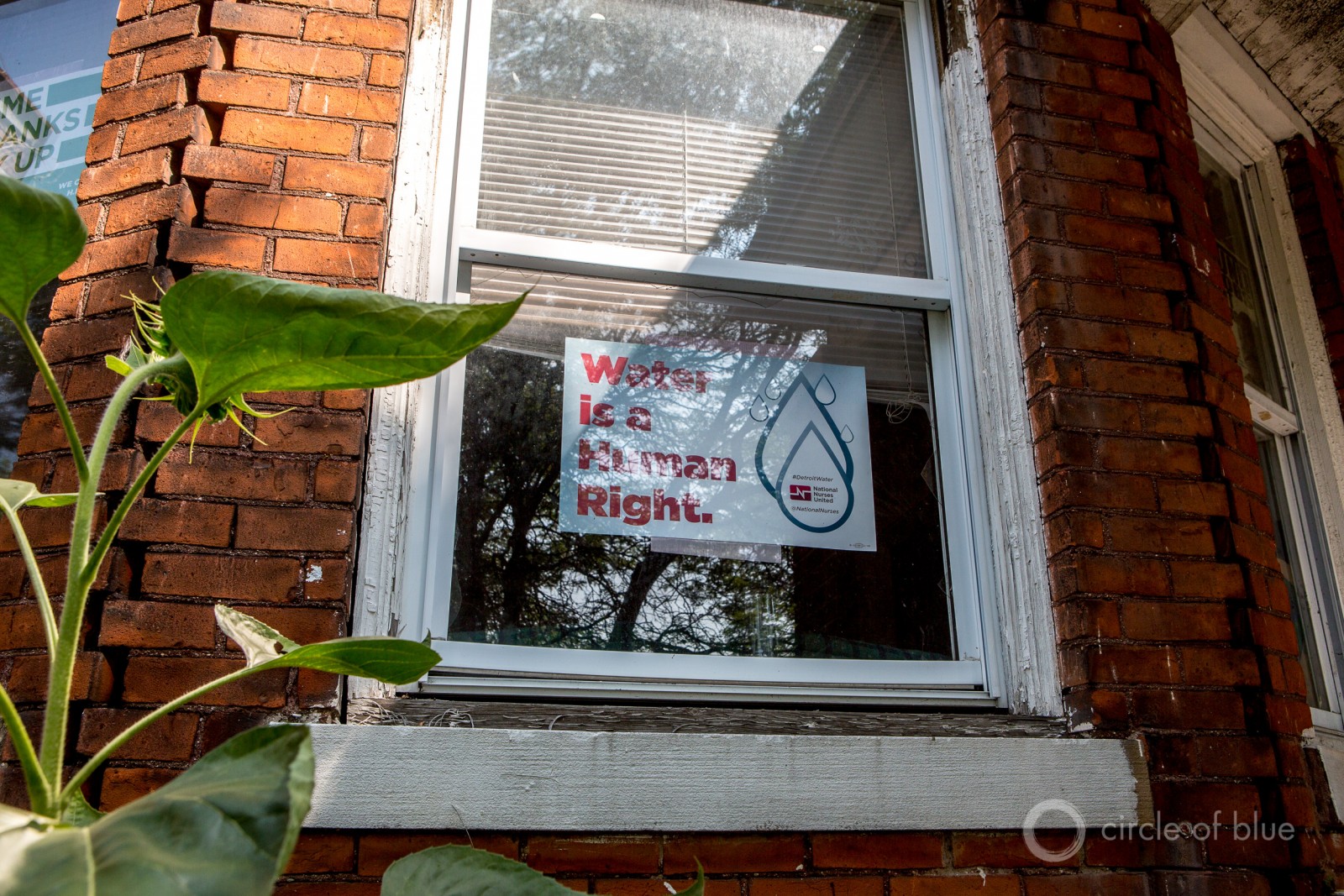
Detroit residents expressed their views on water access in 2014, when the city began a campaign to disconnect water service to households that were behind on bills. Now, after the pandemic exposed the health implications of water service, Mayor Michael Duggan has suspended water shutoffs through 2022. Photo © J. Carl Ganter/Circle of Blue
Low-income neighborhoods and communities of color bear the burden of pollution and endure inadequate public services like water and sewer. These are environmental injustices, and President Joe Biden came into office pledging to correct them.
Biden said that 40 percent of the benefits of his climate investment will flow to these communities. How will those communities be identified, progress be monitored, and success be measured?
Circle of Blue reporter Brett Walton spoke with two veterans of the U.S. environmental justice movement — Mustafa Santiago Ali, the vice president of environmental justice, climate, and community revitalization at the National Wildlife Federation, and Monica Lewis-Patrick, the president and CEO of We the People of Detroit, a group looking to build a more just and democratic city — about the opportunities and challenges facing the Biden administration as it focuses on marginalized communities.
Ali and Lewis-Patrick argued that the new administration has a chance not only to invest in infrastructure. It also has an opportunity to rebuild the economic base and political power of communities that have been historically excluded from the decisions that affect their health and well-being.
“I think approaching all of these environmental disparity issues is a great opportunity for us to create a paradigm shift in terms of how we’ve looked at our relationship not only with government but also our relationship with the environment,” Lewis-Patrick said.
Brett writes about agriculture, energy, infrastructure, and the politics and economics of water in the United States. He also writes the Federal Water Tap, Circle of Blue’s weekly digest of U.S. government water news. He is the winner of two Society of Environmental Journalists reporting awards, one of the top honors in American environmental journalism: first place for explanatory reporting for a series on septic system pollution in the United States(2016) and third place for beat reporting in a small market (2014). He received the Sierra Club’s Distinguished Service Award in 2018. Brett lives in Seattle, where he hikes the mountains and bakes pies. Contact Brett Walton

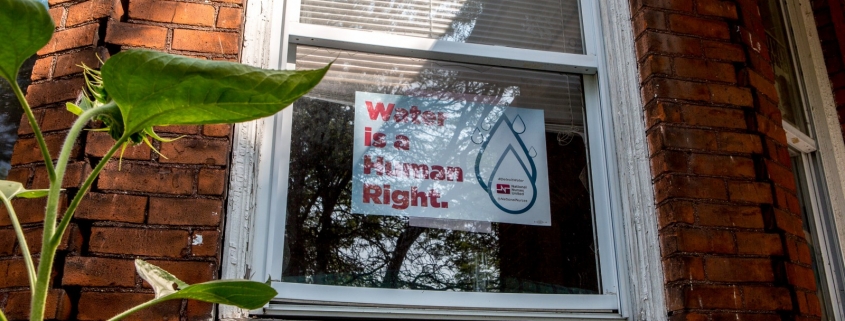

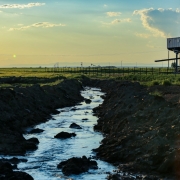
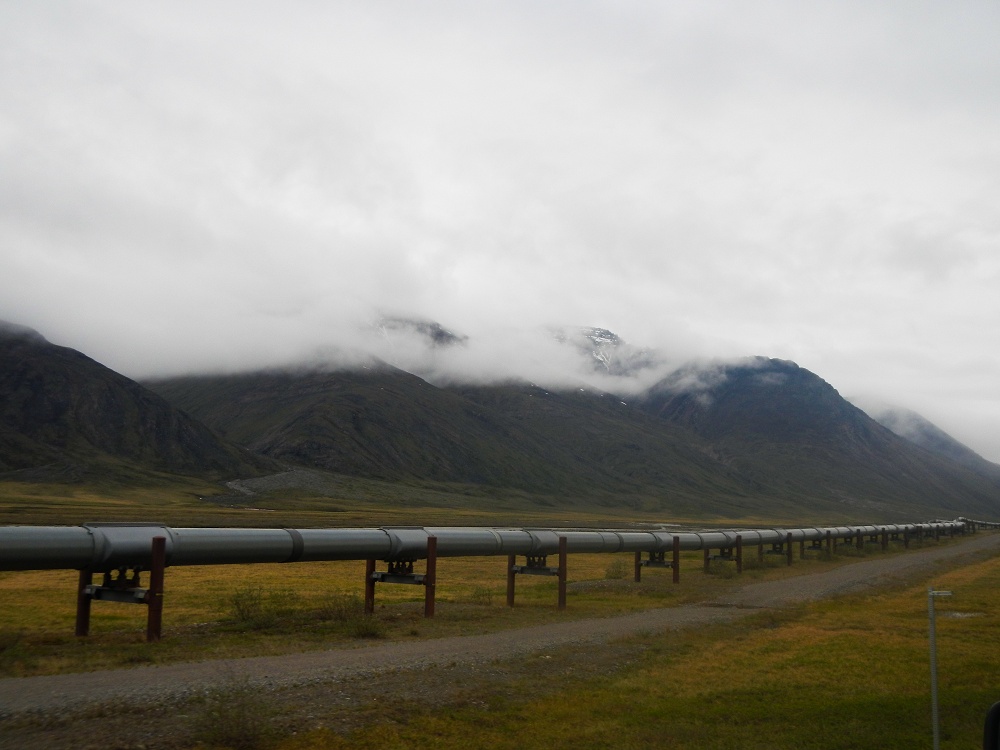
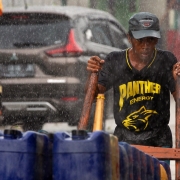
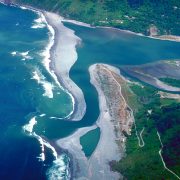
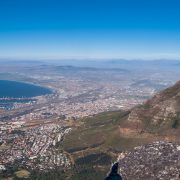
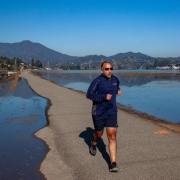




Leave a Reply
Want to join the discussion?Feel free to contribute!